A new year traditionally encourages us all to take up habits that are good for us in some
way. So, it’s no surprise that Data Privacy Week (24-28 January) pops up early in the year.
The week is all about empowering individuals and businesses to respect privacy, safeguard
data and enable trust.
HR departments are at the sharp end when it comes to safeguarding data. They not only
hold large volumes of personal and professional information along with sensitive details of
an organisation’s employees but also candidates for jobs (who hand over a lot of personal
data during the recruitment process). This puts them in an incredibly vulnerable position.
Research from America reveals that 79% of adults are concerned about how their data is
being used by companies. So let’s look at data protection and the best tools for HR
departments to manage and keep data secure.
Data protection laws are there to protect people from the misuse of information about them.
In the UK, the Data Protection Act 2018 (DPA) governs data protection (it mirrors GDPR).
Those who hold data and process it (data controllers, usually employers) have to comply
with certain principles. Those whose data is held or processed (data subjects – employees,
both current and former) have rights. The Information Commissioner’s Office (ICO) has a
useful guide on the DPA for organisations but, briefly, organisations must be able to show:
- Consent – be able to show that employees and job candidates were informed how
their personal data would be used and why - Lawful processing of personal information
- They have a DPO (data protection officer)
- Job references – data subjects can ask for a copy of their reference (unless there’s a
relevant exemption) - Email/internet – have a comprehensive internet, social media and communications
policy that covers data use - Accountability – show data protection compliance by training, auditing, documenting
and reviewing HR policies - Third party compliancy (sharing data with third parties)
- SARs (subject access request) dealt with efficiently
- Data security
- Record keeping
Data privacy is all important but so is data security. The law also requires that an
organisation to have systems and security controls designed to protect data, prevent
information leaks or other unauthorised use of data. With greater numbers of people working
from home, many using their own devices, the risk has never been so high.
HRMS (human resources management systems) are software applications that manage
human resource functions: such as payroll, recruitment, benefits, training, attendance and,
crucially, data management. They also boast multi-layered security features and encryption
to protect an organisation’s data (and therefore an organisation’s employees’ data as well).
Let’s look at those security features in more detail.
The security features can include:
- Secure transmission of digital data
- Automated data checks that analyse old data, checking whether it should be kept or not
- Quick, efficient data deletion from the database
- Employees can login to view their personal data stored in their employer’s database
(and keep their information up-to-date while remaining in control) - Different levels of access to data (depending on the roles within a company) so
there’s no danger of unauthorised access to the personal information of employees
or candidates - Running automated data checks to identify possible vulnerabilities that might lead to
data breaches - Multi-factor authentication required (an extra step required after inputting a
password) - Automated alerts when training or certificates need renewing; also review employees
training around compliance
The knowledge that a company has a digital HRMS not only builds trust amongst the
workforce and potential members of staff but reinforces the importance of good data
management by employees. It’s not just up to the organisation to keep data protected; it’s
everyone’s responsibility within that organisation as well.
One other advantage is that HRMS’s centralise the data in order to better control it. This
means that organisations not only get a more comprehensive view of their workforce but it
lowers compliance risks as well (not to mention making HR teams more productive).
At Worksmith we are specialists in innovative technology that frees up HR teams, allowing
them to concentrate on more targeted, engaging or strategic tasks. Once we understand
your technological needs, our experience, knowledge and expertise will enable us to advise
you on the right path to finding the right technology solution for your business. We have over
15 years’ experience of supporting clients analyse their business processes, streamline their
processes (for employees and candidates) and help them on the journey of business
transformation whilst incorporating a new technological solution. Let us be your
transformation mentors.

